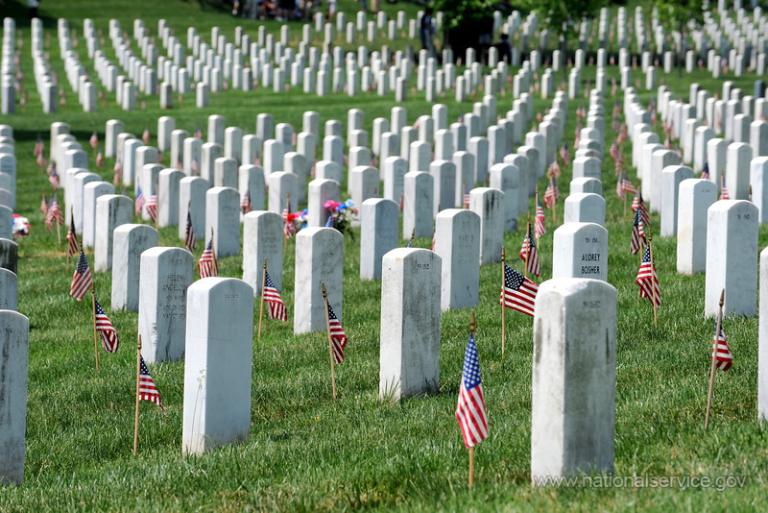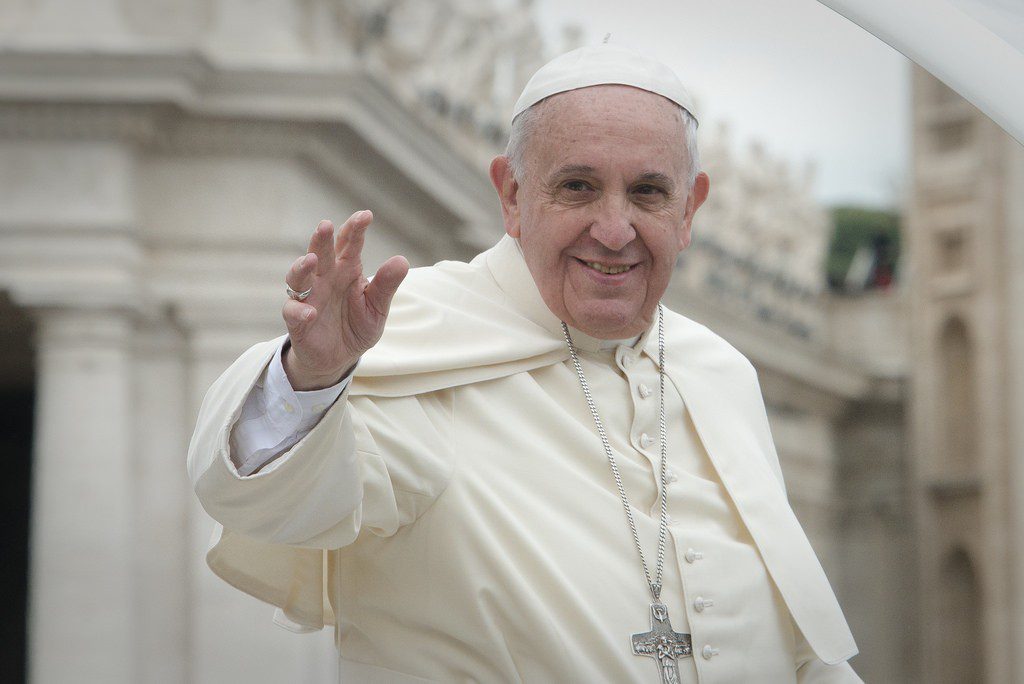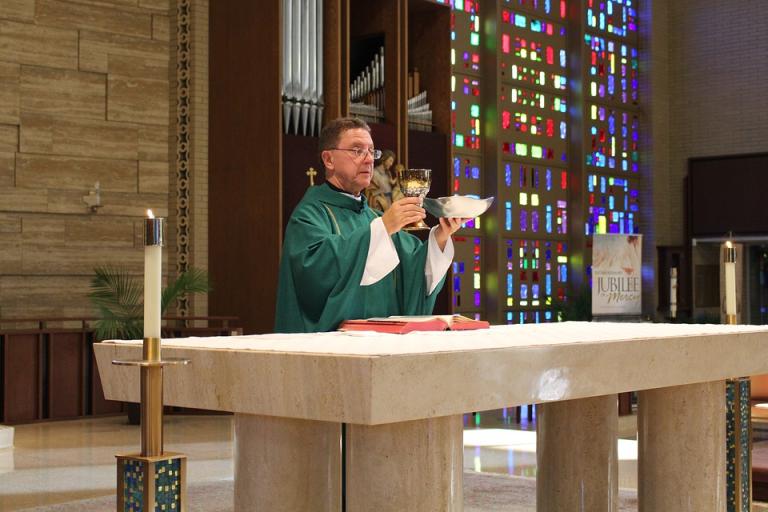
Going on three years ago, in an interview on June 20, 2022, Pope Francis in an interview made the statement that
I believe it is time to rethink the concept of a ‘just war.’
And some time afterwards I came across this and was mystified at what he could possibly mean. A lengthy explainer in The Pillar seems to claim, based on statements shortly before then, in March (thus, shortly after Russia invaded Ukraine) that the Pope is really saying that a nation which has been attacked should respond by seeking mediation by the international community, that is the United Nations. And honestly however good The Pillar is, generally speaking, this explainer isn’t very explainer-y, or maybe it’s just giving the Pope too much of the benefit of the doubt on the whole idea. After all, the notion that the “international community” would somehow come to the rescue of an invaded country through non-martial means is surely absurd. Did he believe that a proper combination of stern rebukes, sanctions, and superior moral authority would suffice to get an invading country to back down? Does he believe that a “police action” by UN troops doesn’t constitute “war”?
Not according to the June interview:
The pope also said that the situation in Europe today shows that the United Nations “has no power” to stop a war.
“After World War II, trust was placed in the United Nations. It is not my intention to offend anybody, I know there are very good people working there, but at this point, the UN has no power to assert,” he said.
Here’s another quote from the June interview:
Resolving conflicts through war is saying no to verbal reasoning, to being constructive. … War is essentially a lack of dialogue.
This is a head-scratcher. Does he believe that Ukraine should have “dialogued” better with Russia and it was their failure to speak persuasively enough that caused the country to be invaded? Surely he recognizes that Russia has invaded Ukraine to seize territory!
And finally, consider this quote:
Pope Francis described how he cried during visits to war cemeteries in Europe, including the Redipuglia World War I memorial and Anzio World War II cemetery in Italy.
“And when the anniversary of the landing in Normandy was commemorated, I thought of the 30,000 boys who were left dead on the beach. They opened the boats and said, ‘get off, get off,’ they were ordered while the Nazis waited for them. Is that justified? Visiting military cemeteries in Europe helps one realize this,” he said.
To the extent that he wants to counsel a nation considering a military invasion, sure, yes, its leaders should reflect on the human cost of an attack. And the Redipuglia World War I memorial is sited on a battlefield in which the Italian army attacked Austro-Hungarian territory in a war of conquest (unlike the Eastern and Western Fronts in World War I, where the Central Powers were attacking the Allies, here the Italians were on the offensive). But the Anzio World War II cemetery? The dead buried there were casualties of the Battle of Anzio, a part of the campaign by the allies to retake Europe from the Axis.
And the Pope’s comments about Normandy are more concerning still. To suggest that the deaths of the Allied soldiers on D-Day were not justified in the campaign to retake France – and all of Europe – from the Nazi invaders? Does he think he is a better military strategist and that there were better ways to retake Europe with less loss of life? Or does he believe that the United States and Britain should have sat out and let Germany stay in power?
Concerningly, he doesn’t even have his numbers right – the count is 4,415 Allied soldiers dead and a similar number wounded on that first day. The American cemetery at Normandy contains 9,388 graves, because it includes soldiers who were killed after D-Day itself, hence, not “left dead on the beach.” Honestly, when I read Steven Ambrose’s D-Day, I was rather surprised at the narrative, in which the chaos on Omaha Beach was actually not the case at the other beaches, where the British and Canadians suffered much less loss of life (not because they were “better” armies but because of the geography).
But all that being said: we are now reaching a point in the war in Ukraine where there are actual “just war” considerations, not from the perspective of Russia, since it’s a given that their attack was unjust, but from the perspective of Ukraine, or from the US (considering the question of continued support), where the question is this:
In the event that Ukraine can be assured that a cease-fire would not result in being overrun by Russia, should the country continue to fight to regain lost territory, or should it accept its loss of territory?
And a couple weeks ago in my women’s church group, we read a portion of the catechism which included the Just War principles, and the one that stuck out to me was this:
There must be serious prospects of success.
If the Ukranians’ continual conscription and battles have as their likely consequence continued loss of life for a fruitless military objective, this would not be a “just war” according to the traditional definition.
On the other hand, perhaps “success” must be defined as “stalemate” because the alternative is being overrun by Russians, which meets the criteria of “the damage inflicted by the aggressor on the nation or community of nations must be lasting, grave, and certain” since Russia would, in that case, wipe Ukraine off the face of the map, that is, eliminate it as a geographic entity, as a culture, as a language.
So, as is often the case, it’s a muddle and I don’t have any answers, just a few things I am thinking about.
Image: Arlington National Cemetery, public domain (all federal government images are in the public domain.)












